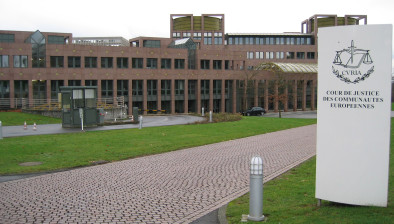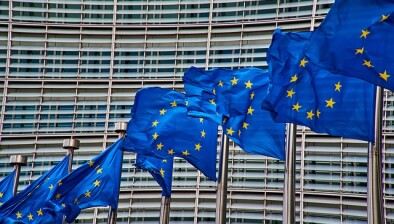EU asks online platforms how they’re minimising AI risks

The European Commission has written to Google, Microsoft, Meta, X and other tech giants to request information on how they are mitigating the risks of generative AI.
The formal requests for information have been sent under the Digital Services Act (DSA) and identify risks such as so-called ‘hallucinations’ where AI provides false information, the viral dissemination of deepfakes, as well as attempts to influence elections.
The requests have been sent to Bing and Google Search, designated as very large online search engines (VLOSEs) under the DSA, and to Facebook, Instagram, Snapchat, TikTok, YouTube and X, which are designated as very large online platforms (VLOPs).
They also seek information and internal documents on the risk assessments and mitigation measures linked to the impact of generative AI on electoral processes, dissemination of illegal content, protection of fundamental rights, gender-based violence, protection of minors, mental well-being, protection of personal data, consumer protection and intellectual property.
The questions relate to both the dissemination and the creation of generative AI content.
The concerned companies must provide the requested information to the Commission by 5 April 2024 for questions related to the protection of elections and by 26 April 2024 for the remaining questions.











